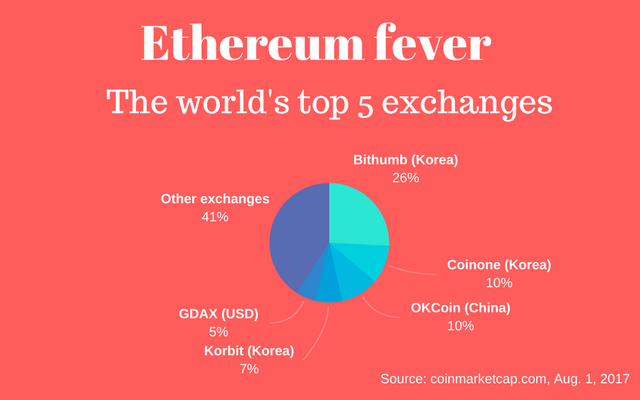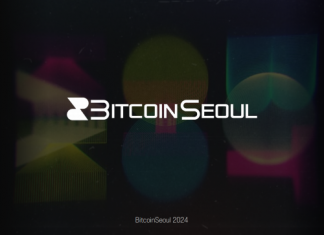
The Korean peninsula is divided into North and South, so culture and mindset are gradually changing. but The only thing they really agree on, and one of the most iconic symbols of the Korea, is kimchi.
Kimchi’s importance to the Korean people across the peninsula and the world cannot be understated. It stands to reason, therefore, that the primary sustaining factor in the wild speculation of the 2017 Bitcoin Bubble was the Kimchi Premium. Here we will see exactly what the Kimchi Premium was and how it came to be.
We have already seen that South Korea accounted for the single largest spot trading market in 2017. That distinction carried over for some time into following years but to a severely mitigated effect due to government restrictions. The fact that about a third of Korean office workers were trading cryptos.
Not everyone is aware of the work environment at South Korean offices and the culture that is widely cultivated there. If I were to describe it all in one word, I would choose: draconian. The larger the company, the more draconian it is – everything scales up. Workers who wish to keep their position, since very few private companies offer guaranteed employment unlike in Japan, must basically do whatever their superiors demand of them.
So, what did this mean, exactly, for the crypto traders out there? If the boss was trading cryptocurrency, he was likely to tell his subordinates to invest in the same thing as him. Starting with the boss, the investment pool at a company would trickle down all the way to the front desk girls and mail clerks. “[Hey, subordinate, I invested in XRP a week ago, but it still hasn’t mooned. You need to put some money into Upbit and buy XRP too.]”
Imagine that line of request going out hundreds of times across Seoul in a matter of a couple weeks. Suddenly a third of all office workers would be investing in something they don’t really understand but know that it will make them money somehow.
The second major contributing factor to the Kimchi Premium was that individuals not residing in South Korea had a hard time establishing an account at Korean exchanges. Furthermore, those exchanges often would only accept KRW as a fiat onramp, thereby self-restricting the user base to some degree. The effect this had was to inflate a bubble within a bubble; a closed ecosystem. Users would deposit KRW, buy their cryptos, wait for moon, liquidate, then start it all over again with a much larger stack of KRW.
Why, then, weren’t people from all over the world flocking to Bithumb to create accounts and start their trading? Hundreds of thousands of people had accounts on exchanges based in far flung places around the world; however South Korea’s exchanges still presented a challenge for those looking to lock down an account mainly because of the language barrier. Korean companies are notorious for their stubborn refusal to bend to the international winds of commerce that blow through most other places. The same could be said about China, too, but that’s for a completely different reason.
To be fair, Bithumb was still allowing new accounts to be created by anyone freely. If you could pass the relatively easy KYC process and navigate through the app which at the time was just a browser, you would be on your way to trading. Users were always presented with the Korean language version of the site first as there was no way to set a different default language on early versions of the app. Korean exchanges then couldn’t possibly care less about the non-Korean users who wished to trade on their platform. It was evident by the lack of adequate customer service in English or in some cases any English language option at all.
The lack of English on their platform isn’t necessarily a criticism since they were simply catering to their main user base, but Bithumb was ranked the very top exchange by trade volume at multiple points throughout 2017. It doesn’t stand to reason that they would maintain such a prohibitive stance toward international users for so long. Since then, Bithumb has opened exchanges friendly to non-Korean traders and have maintained a high standing in the volume rankings among global exchanges.
That said, it only made the closed economy for Korean traders expand further through the latter half of 2017.
Brian Newar(2020.11.08) Crypto of Korea: The Kimchi Premium
retrieved from https://thenews.asia/crypto-of-korea-the-kimchi-premium/










